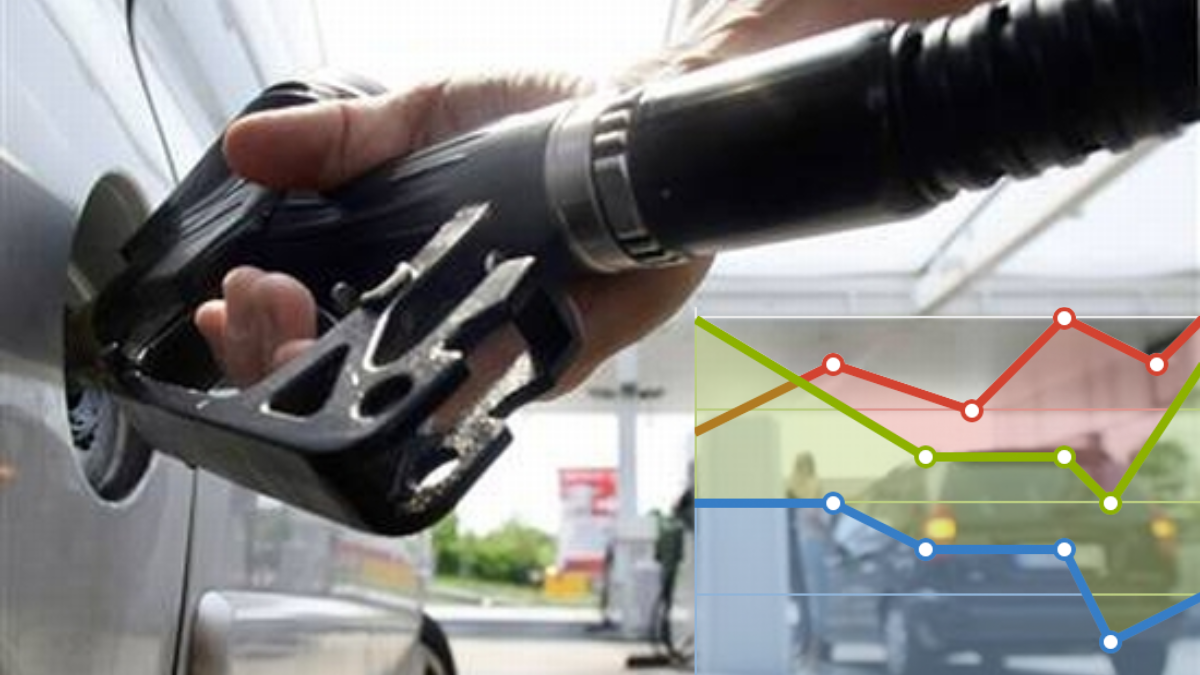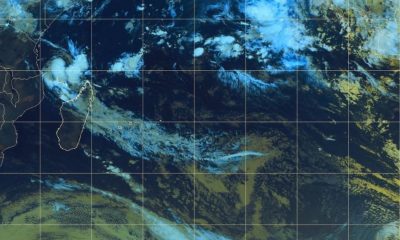Politics
Who actually controls fuel prices?

Who actually controls fuel prices?
The information and opinions expressed in our published works are those of authors/sources believed to be reliable. NewsMoris makes no representations as to accuracy, completeness, suitability, or validity of any information expressed.
Continue Reading
The information and opinions expressed in our published works are those of authors/sources believed to be reliable. NewsMoris makes no representations as to accuracy, completeness, suitability, or validity of any information expressed.











